Product Description
Help people with dementia stay energized and connected to their lifelong interests using this strength-based approach to activity planning!
Developed for both professional and family caregivers, the Connections Activity Program is a strength-based intervention that includes tools and step-by-step instructions for matching a person’s level of cognitive function and current abilities with activities tailored to past interests. It helps reduce caregiver stress by explaining how to break down and structure activities so a person can engage in them as independently as possible. The Connections Activity Program shows how, with proper support, people with dementia care enjoy meaningful engagement and improved emotional well-being.
Learn to use the Connections tools to
- Gather information about a person’s past and present interests and hobbies
- Understand a person’s current level of cognitive function
- Identify remaining strengths and abilities
- Individualize activities to promote maximum involvement
- Use verbal and visual cues to support the person’s ability to self-initiate and engage
- Adapt activities to each level of cognitive function
This resource includes detailed case examples that illustrate how the Connections approach works as well as sample intervention guides that walk through how to implement specific activities and adapt them for people with early-, middle-, and late-stage dementia.
DOWNLOADABLE RESOURCES INCLUDE:
- Conversation Starters
- Leisure Interest Survey
- Cognitive Function Checklist
- Information Summary
Developed collaboratively by professionals with expertise in therapeutic recreation, gerontology, developmental psychology, and speech-language pathology, the approach’s core principles are based on theoretical underpinnings from three practice fields: therapeutic recreation, Montessori-Based Dementia Programming™, and cognitive intervention.

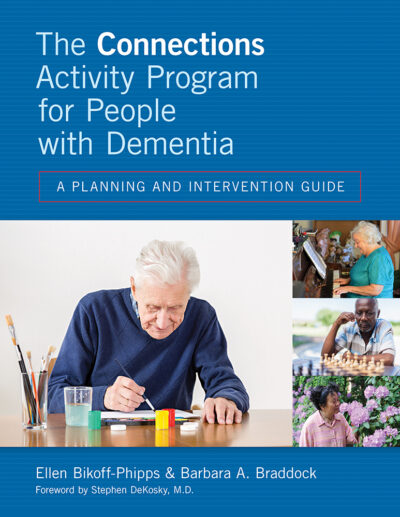
 Ellen Bikoff-Phipps, CTRS, MSG, is Vice President of Programs & Services for the Alzheimer’s Association, Central & Western Virginia Chapter, as well as an adjunct faculty member at Virginia Commonwealth University, Department of Gerontology. She received her bachelor’s in therapeutic recreation from the University of Colorado, at Boulder, and her master’s in gerontology from Virginia Commonwealth University. She also received training certification in England as a Montessori teacher. She specializes in creative therapeutic design for persons diagnosed with Alzheimer’s disease and related dementia, including having played a key role in the creation of Arts Fusion, a program based on Meet Me at MOMA in New York City. Before joining the Alzheimer’s Association, she served as Director of Adult Day Centers both in Charlottesville, VA, and Somerset, England, providing creative and innovative approaches to care. In 1997, she was instrumental in initiating one of the first intergenerational Montessori adult day centers in Charlottesville, VA, a combination adult day and childcare center.
Ellen Bikoff-Phipps, CTRS, MSG, is Vice President of Programs & Services for the Alzheimer’s Association, Central & Western Virginia Chapter, as well as an adjunct faculty member at Virginia Commonwealth University, Department of Gerontology. She received her bachelor’s in therapeutic recreation from the University of Colorado, at Boulder, and her master’s in gerontology from Virginia Commonwealth University. She also received training certification in England as a Montessori teacher. She specializes in creative therapeutic design for persons diagnosed with Alzheimer’s disease and related dementia, including having played a key role in the creation of Arts Fusion, a program based on Meet Me at MOMA in New York City. Before joining the Alzheimer’s Association, she served as Director of Adult Day Centers both in Charlottesville, VA, and Somerset, England, providing creative and innovative approaches to care. In 1997, she was instrumental in initiating one of the first intergenerational Montessori adult day centers in Charlottesville, VA, a combination adult day and childcare center.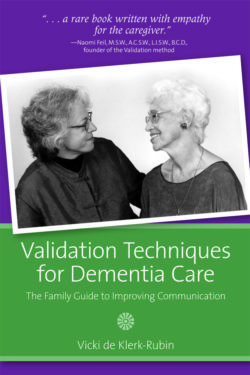
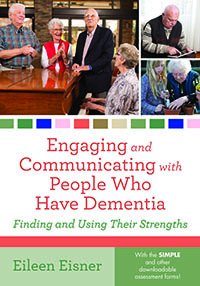
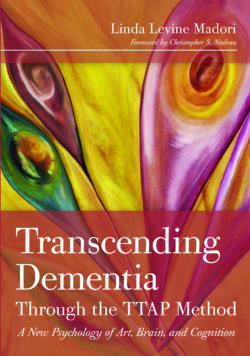
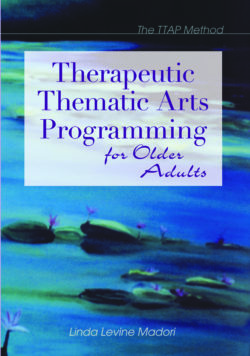
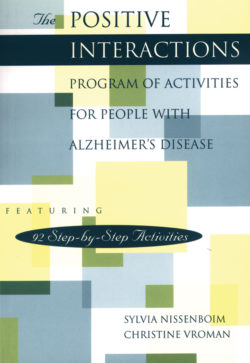
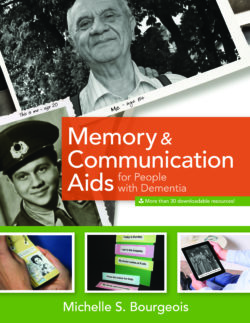
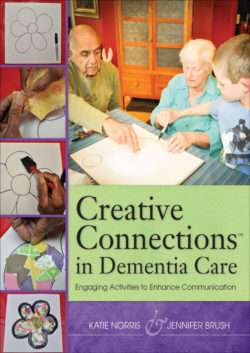
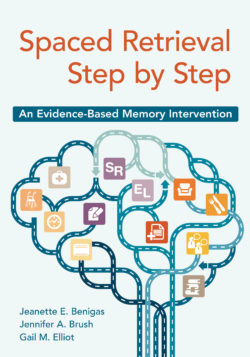
Administrator –
“[This] impressively organized and presented instructional guide… is an ideal and unreservedly recommended addition to personal, professional, community, and academic library Health/Medicine instructional reference collections in general, and Alzheimer’s and Dementia Caregiving supplemental studies reading lists in particular.”
—Midwest Book Review